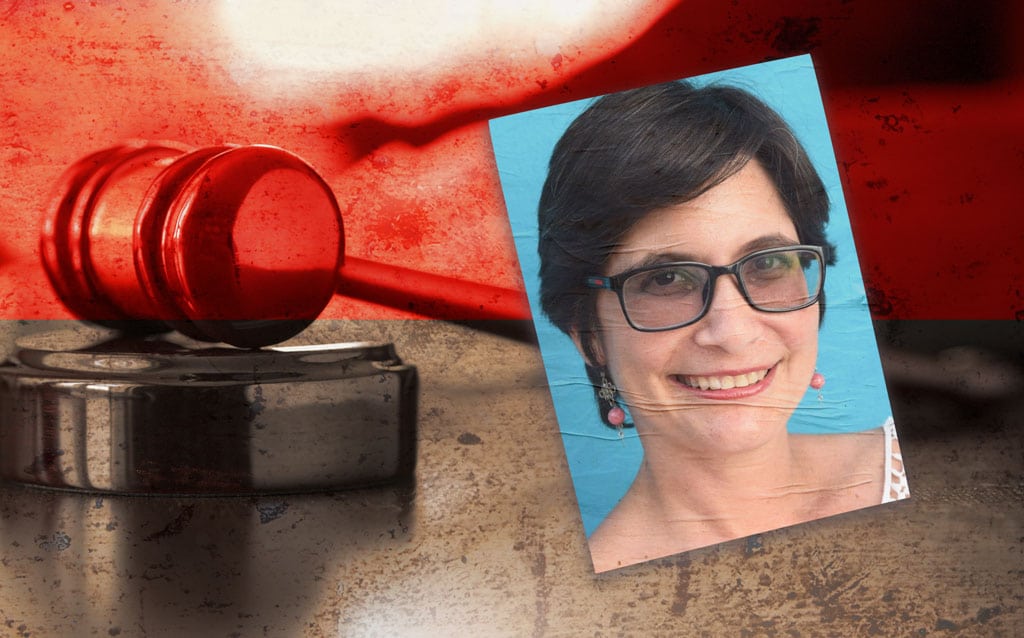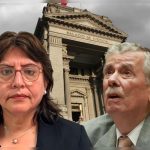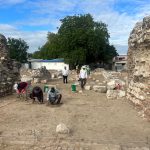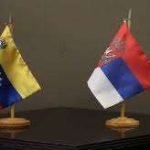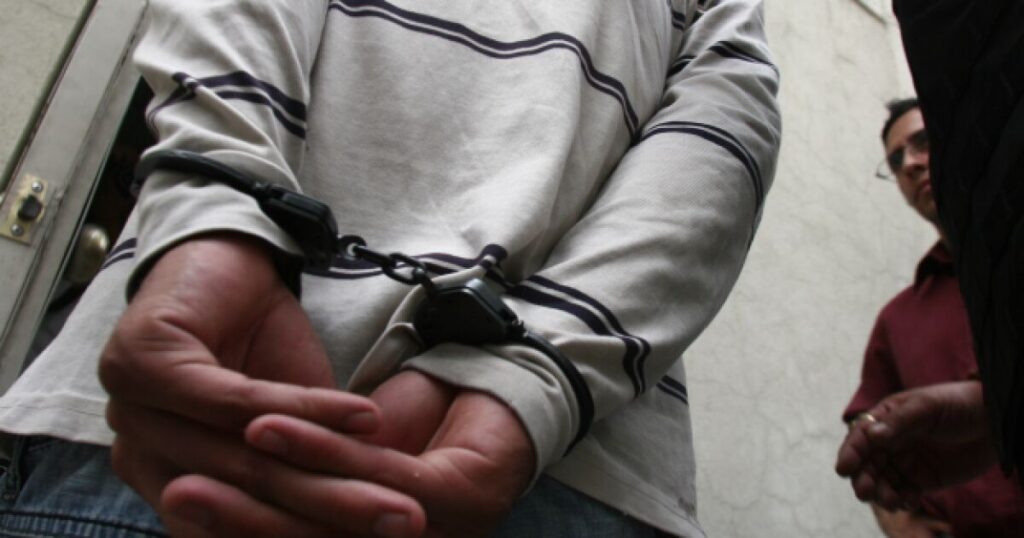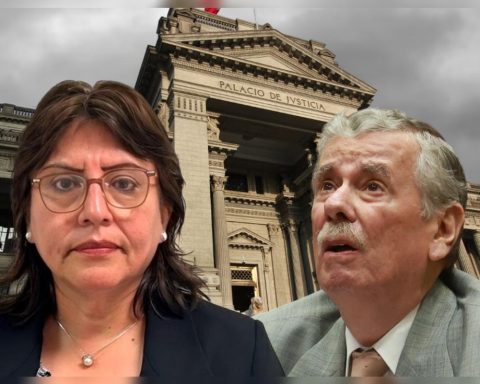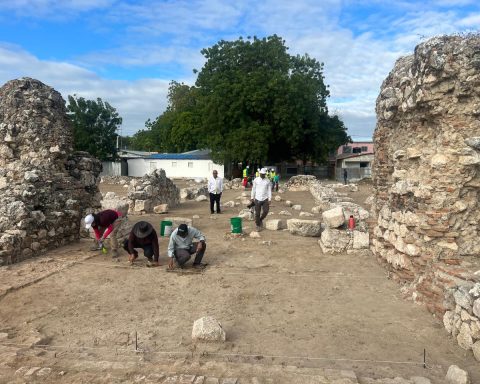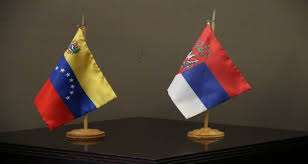The political prisoner and former president of the Unión Democrática Renovadora (Unamos, formerly MRS), Ana Margarita Vijil, is the third opponent found guilty by the justice system of the Ortega-Murillo regime, for alleged “conspiracy to undermine national integrity to the detriment of the State of Nicaragua and Nicaraguan society”. This Tuesday, Yader Parajón and Yaser Vado were the first political prisoners with a guilty verdict for the same crime. Vado was also found guilty of “propagation of false news”, as a result of lawsuits that legal specialists have described as “illegal”.
María Josefina Gurdián, known as “Pinita”, in a live broadcast, assured that this Wednesday, February 2, the regime condemned Vijil for “crimes that he has not committed and that he is illegally accused of.” “Today the regime declared her guilty for her work in defense of human rights, for dreaming and working for a Nicaragua in freedom and with justice,” she said after the end of the trial that lasted about eight hours and was held at the Directorate of Judicial Assistance. , known as the “new Chipote”
She recounted that at the end of the trial, Vijil declared herself “a human rights defender and affirmed that it is work that she will continue to do for the rest of her life.” When signing the conviction act, she identified herself as a political prisoner.
CONFIDENTIAL learned that the Prosecutor’s Office requests the maximum sentence for the opposition Vijil, which corresponds to ten years.
Vijil’s hearing was described as “a new session of torture” by the Nicaraguan Center for Human Rights (Cenidh), which denounced that the defense attorneys of the opposition leader remained incommunicado, stripped of their phones.
Contrary to what happened in the trial of Parajón and Vado, in which the Police prohibited the entry of their relatives, after the protest of Vijil’s relatives, they allowed one person to enter the “new Chipote”, where all the trials are taking place. politicians, who Daniel Ortega reactivated on January 24, which were “frozen” since October 2021, prior to the presidential elections, in which he was re-elected without political competition for a fourth consecutive term.
The Cenidh also assured through its Twitter account that at noon this Wednesday, the Police only allowed the entry of food for the lawyers and rejected Vijil’s. The opposition leader is serving 235 days in prison, in which she has suffered weight loss, isolation and constant interrogations, which are described as psychological torture by lawyers and human rights defenders.
Vijil was violently detained along with the former guerrilla, historian and leader of Unamos, Dora María Téllez, on June 13, 2021, during the political hunt against the leaders of Unamos, which included the arrest of the retired brigadier general and guerrilla commander , Hugo Torres; former vice chancellor Víctor Hugo Tinoco and the president of Unamos, Suyen Barahona.
Until February 2, the Ortega regime has scheduled the trials for some 16 opponents of more than thirty incarcerated in the “new Chipote”, including three members of Unamos. Téllez’s trial will take place this Thursday, February 3, and that of Barahona, next Monday, February 7, at 8:30 a.m.
Vijil has dedicated 16 years of his 44 years of life to political activism. She is the youngest of six siblings and since 2018 she has accompanied the families of the victims of the Ortega repression in their demand for justice. She was arrested along with thirty other opponents, including Barahona and Tamara Dávila, a member of the political council of the Blue and White National Unity (UNAB), on October 14, 2018, while they participated in a peaceful demonstration, which was brutally repressed by riot police. , in the Camino de Oriente sector, on the road to Masaya. The detention lasted a few hours and then all were released.
Justice without impunity
From his confinement, Vijil protested against the claims of Daniel Ortega, who after promising in the act of self-investiture, on January 10, that the country would return to the economic growth that it had before the 2018 protests, he assured that they would make a “clean slate” in allusion to the massacre that occurred in the civic rebellion, which he repressed with blood and fire.
Leaving the fifth visit in the “new Chipote”, Vijil’s mother, María Josefina, known as “Pinita” Gurdián, published the opposition’s message, pointing out that in Nicaragua “there can be no ‘clean slate'” , that they will never forget those murdered, and that “there will be a new account until there is justice without impunity.”
Pinita maintains the fight for the freedom of Vijil and the rest of the political prisoners. In an open letter published in December, he shared that her daughter was distraught over her health due to two surgeries and intubation she underwent to treat her cancer. “I have metastases caused by ovarian cancer and I will soon start a new round of chemotherapy. I don’t want to die and less in these circumstances. I want to have her with me – Vijil -, I am doing everything possible to live, to free her, “he said. Pinita in the letter published in CONFIDENTIAL.
Trials in “the new Chipote” violate the law
The political trials reactivated by orders of Daniel Ortega have been scheduled for the entire month of February against political prisoners, in the same facilities of “the new Chipote”, where dozens have been imprisoned since the end of May 2021.
However, carrying out these processes in the prison facilities constitutes one more of the illegalities of due process, according to the specialist in Criminal Law, María Asunción Moreno, in an interview with Tonight.
Lawyers who closely follow the cases against political prisoners agree with Moreno that judges cannot hold hearings outside the Judicial Complex, and that the exceptions established in article 121 of the Criminal Procedure Code only apply to “proceedings” that require the presence of the judge in his territorial jurisdiction.
However, they maintain that the exception does not apply in the case of these political trials, because neither the defense nor the Prosecutor’s Office have requested that they be held in “the new Chipote,” the lawyer said.
The right to defense is violated
Another of the illegalities is that the defenders of political prisoners have not accessed their files – completely or partially – and they have not been able to talk freely with prisoners of conscience.
A lawyer who monitors political trials assured CONFIDENTIAL that in these processes the exercise of technical and material defense is being violated, contrary to article 124 of the Code of Criminal Procedure (CPP), which establishes that “the parties may obtain at their own expense simple copies of the judicial proceedings without any formality” .
Also, he added, article 34 of the Political Constitution of Nicaragua is violated, which in its item 4, demands that “their intervention and due defense be guaranteed from the beginning of the process or procedure and to have adequate time and means for their defense.” .
In addition, this January 31, the Public Ministry violated the presumption of innocence of political prisoners, by calling them “criminals and delinquents” in a statement announcing the resumption of trials.
“These same criminals and delinquents have reoffended, attacking the rights of the Nicaraguan people and society, compromising peace and security. They are the same ones that promoted and directed the terrorist acts of the failed coup attempt of 2018, having paralyzed the country and created damage to the economy; They are the same ones that have caused so much pain and mourning in the Nicaraguan family because of the murders, torture and kidnappings,” he published.
Likewise, Ortega already condemned the political prisoners on November 8, in his most virulent speech against political prisoners, in which he called them “sons of bitches of imperialism.”
They demand the release of political prisoners
The Ortega regime keeps more than 170 Nicaraguans imprisoned, and more than 30 of them remain in “the new Chipote”, under isolation, in punishment cells, suffering physical and psychological torture, according to their relatives, who have only managed to visit them on five occasions during the more than six months of confinement.
Relatives of more than 30 political prisoners They demanded, at the end of January, the annulment of the trials and the unconditional release of all prisoners of conscience. In this way, they joined a previous statement, in which another group of relatives appealed for the support of “rulers, living forces of the nation and the (Catholic) Church” so that they “lead” a “citizen unification process”, highlighting that the release of prisoners of conscience would serve “as a kind of liberation shared by all Nicaraguans.”
After the communiqués, the Superior Council of Private Enterprise (Cosep), which had been silent since September 2021, supported the demand for the freedom of prisoners of conscience, and announced its willingness in favor of a national dialogue “without preconditions”, in in the midst of the worst legitimacy crisis of the Ortega regime, which previously announced meetings with different economic sectors, without mentioning COSEP.
Among the 39 political prisoners captured between May 28 and October 21 (including four under house arrest), 29 are accused of alleged conspiracy to undermine; another seven are accused of money laundering and other crimes; two are investigated for violations of the “Sovereignty Law” and one for abusive management and improper appropriation and retention.
The regime has used against the opposition the package of repressive laws that they approved between October 2020 and February 2021, being the most used until now, Law 1055 or Defense Law of the Rights of the People to Independence, Sovereignty and Self-determination for Peace, better known as the “Sovereignty Law”, which facilitated the imprisonment of seven presidential candidates, as well as political, civic, student, peasant, former diplomat, journalist, activist professionals and human rights defenders.
It has also used the Special Cybercrime Law, known as the “Gag Law”approved on October 27, 2020, which penalizes whoever -according to the regime’s criteria- spreads “false news”.
Thus, the Prosecutor’s Office sentenced in January Donald Margarito Alvarenga and Douglas Cerros Lanzas. Alvarenga was convicted of allegedly inciting “hate and violence” through Facebook posts and WhatsApp messages and for “subversion, disobedience and rebellion at the level of conspiracy to affect national integrity”; and Cerros for allegedly undermining national integrity and spreading false news.
